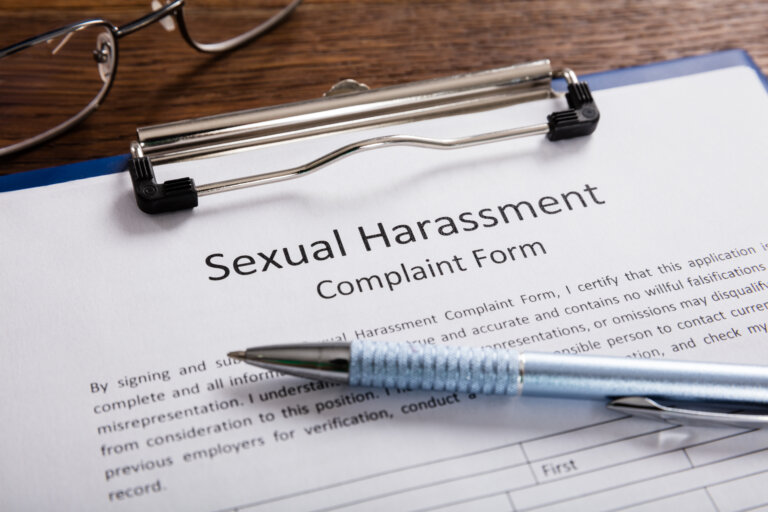If you’re a victim of sexual harassment, it’s normal to feel anxious and stressed as you try to figure out your next steps. Typically, one of the first things you should do is report your sexual harassment to your employer. How you go about doing so will depend on your company’s specific policies and procedures, but it often involves speaking with human resources.
Be that as it may, it’s vital that you are aware of what happens after you report your sexual harassment at work; that way, you can expect to be better prepared.
Employers Have a Duty to Keep Their Employers Safe
Sexual harassment is a serious criminal offense, and as such, many employers have policies regarding the prevention of sexual harassment in place. These policies also guide how to handle it properly within the workplace.
When you report an incident of sexual harassment to your employer, they have a duty to properly investigate your claim. If, after their investigation, they can substantiate your assertion, they must then take corrective action against the harasser. Should your employer fail to fulfill their duty to you, you can take further action to pursue justice.
How to Report Sexual Harassment at Work
How you go about reporting your sexual harassment at work is typically unique to your employer and company. Often, the specific reporting process and relevant information can be found in an employee handbook, if one exists, and if not, you can ask a supervisor or higher-up.
Usually, reporting sexual harassment at work involves filing a complaint with your employer’s human resources department, which may involve filling out paperwork or providing a written complaint. Once your employer or HR professional has the information they need, they can move forward with their investigation.
What happens after reporting sexual harassment at work?
After you report sexual harassment at work, the first thing that must occur is an internal investigation. Depending on the circumstances, it may include gathering evidence and documentation, speaking with the perpetrator, or discussing the situation with potential witnesses. The internal investigation can take a few days to several weeks to complete, so it’s important to be as cooperative as possible while it is ongoing.
Once your employer or HR professional has concluded their investigation, they can make determinations. If they agree that sexual harassment has occurred, they must take action, including, but not limited to, reprimanding or firing the perpetrator. On the other hand, if they believe sexual harassment has not occurred, it is not entirely over for you, as there are other viable options to seek help and justice.
Filing a Formal Complaint with a Governmental Entity
If your company’s internal investigation does not yield the results you feel are just, you may consider filing a formal complaint with the New Jersey Division of Civil Rights or Equal Opportunity Employment Commission.
Either agency can investigate your claims to determine whether they believe sexual harassment has occurred, and depending on the result of their investigation, they may help you. Alternatively, give you the right to file a lawsuit to seek justice and rightful compensation.
An Experienced Employment Attorney Can Help
Filing a complaint and pursuing justice for the wrongs done to you can be challenging and frustrating, but an employment lawyer can stand by your side and determine the best way to help you get the resolution you deserve.
The legal team at NJ Employment Lawyers is dedicated to helping clients experiencing sexual harassment in the workplace. We have the right experience, skills, and resources to protect your rights and fight for justice on your behalf, and we invite clients throughout New Jersey to contact us to schedule an initial consultation.

